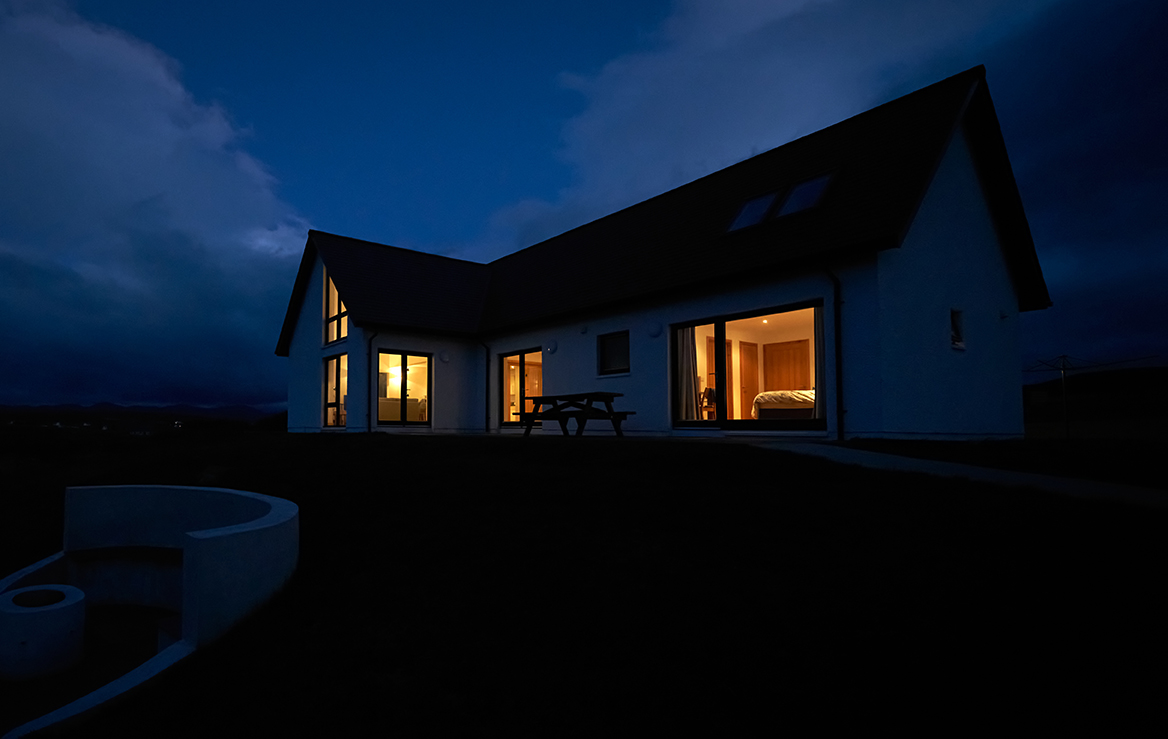The Clean
Energy Transition
Requires a Thoughtful Approach
It’s not as easy as flipping a switch
The clean energy transition requires a thoughtful approach, or we risk blackouts.
The transition to clean energy is underway, and it’s a positive step toward a sustainable future. Wolverine is leading the way in Michigan, currently supplying 60% carbon-free energy and on track to provide 100% carbon-free energy to our members by 2030.
At the same time, we’re raising a caution flag. If the industry rushes this transition, we risk power outages. Wolverine and its member cooperatives believe that it’s crucial to raise awareness of this issue and work together to ensure a smooth and wise transition towards clean energy.

Electric Reliability Challenges
Recent Coverage
This isn’t just a Wolverine problem or a Michigan problem— it’s a national problem because the grid is interconnected. Some regions have already experienced blackouts. Find recent coverage below.

